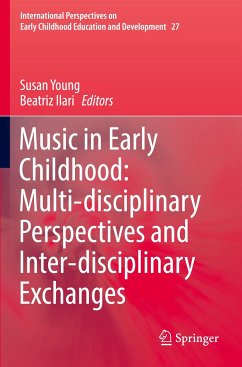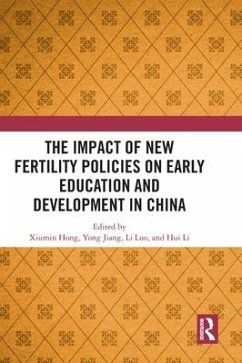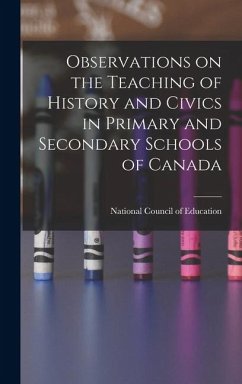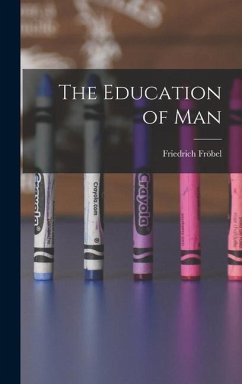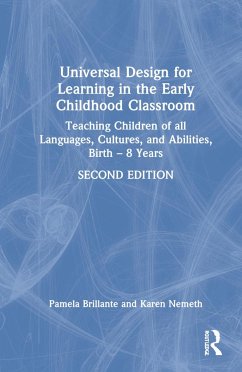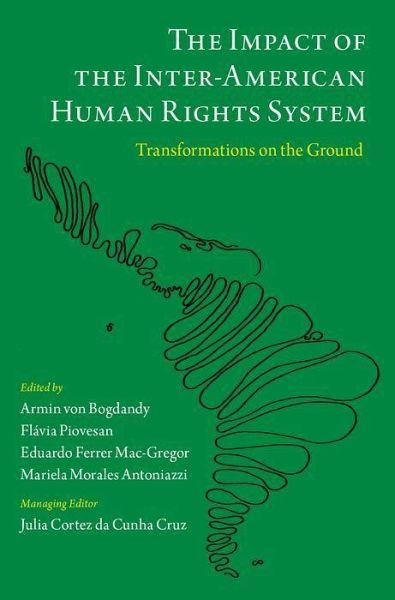
Impact of the Inter-American Human Rights System
Transformations on the Ground
Herausgeber: Piovesan, Flávia; Ferrer Mac-Gregor, Eduardo
Versandkostenfrei!
Versandfertig in 1-2 Wochen
162,99 €
inkl. MwSt.
Weitere Ausgaben:

PAYBACK Punkte
81 °P sammeln!
The Inter-American System of Human Rights (IASHR) is certainly a source of innovation in human rights law and policy. However, uncertainty reigns over its true legal, political, and social effects as many decisions face serious problems of compliance. To better grasp the System's effects, this book broadens the focus from compliance to impact as the key criterion of effectiveness. Thus, The Impact of the Inter-American Human Rights System: Transformations on the Ground can reveal the IASHR's deep and multifaceted effects, not least by embedding a common law of human rights. Outlining the IASHR...
The Inter-American System of Human Rights (IASHR) is certainly a source of innovation in human rights law and policy. However, uncertainty reigns over its true legal, political, and social effects as many decisions face serious problems of compliance. To better grasp the System's effects, this book broadens the focus from compliance to impact as the key criterion of effectiveness. Thus, The Impact of the Inter-American Human Rights System: Transformations on the Ground can reveal the IASHR's deep and multifaceted effects, not least by embedding a common law of human rights. Outlining the IASHR's historic path and contemporary practice, this book shows legal, political, and social effects with respect to the main problems that trouble the Americas. Though most of these certainly continue to exist, the System is having a transformative impact on them on the ground, though with huge differences between issues and countries. These achievements as well as the variations should be of interest to academics, judges, and policymakers in Latin America as well as other regions undergoing similar stress, such as Central and Eastern Europe or Africa. The Impact of the Inter-American Human Rights System brings together leading scholars in international and constitutional law, social sciences, and international relations to present a systematic and critical analysis of the impact of the IASHR in the various fields of its activity. These include issues of internal conflicts, transition to democracy, rights of vulnerable groups, social rights, the environment, digital rights, and the accountability of private actors. The book also offers evidence-based proposals to further enhance the transformative impact of the Inter-American System that could be taken up by courts and policymakers at the national, Inter-American, and global levels. This is an open-access title available under the terms of a CC BY-NC-ND 4.0 International license.




